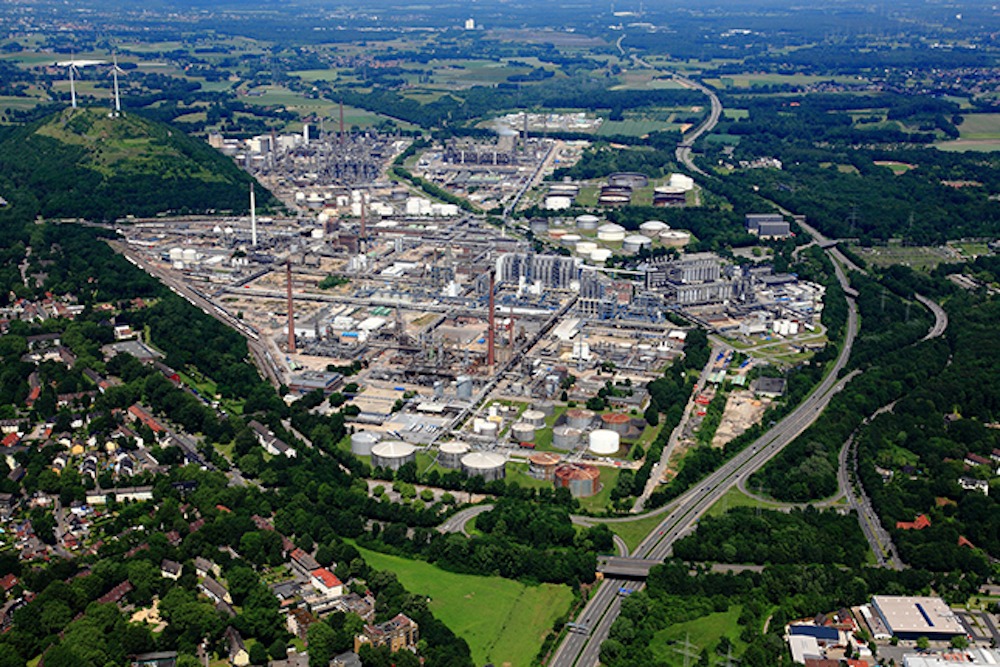The certified circular polymers are part of SABIC’S Trucircle portfolio and are produced using advanced recycling to convert low-quality mixed and used plastic

It's designed to drive the circular economy in petrochemical activities, with the work taking place at a German chemical complex in Gelsenkirchen (Credit: SABIC)
Chemicals company SABIC and oil and gas business BP have signed a new agreement to work together to develop products from plastic recycling.
It’s designed to drive the circular economy in petrochemical activities, with the work taking place at a German chemical complex in Gelsenkirchen.
It builds on a long-established relationship between the two companies at the production site, the new collaboration will help to increase the production of certified circular products that use mixed plastics to make feedstock.
SABIC’s vice president of PE and sales Fahad Al Swailem said: “SABIC is committed to helping to create a new circular economy where plastic never becomes waste.
“Advanced recycling allows us to increase the production of more sustainable materials and use our planet’s resources wisely, whilst reducing the use of conventional approaches such as landfill and combustion.
“Advanced recycling has a crucial role to play in the current recycling mix as it can capture value from plastic waste streams that have traditionally been ignored or discarded.
“We continue to increase our collaborations with upstream suppliers and downstream customers, and this new initiative with our long-term partner bp takes us one step further to achieving our vision.”
SABIC using advanced recycling to convert low quality mixed and used plastic
The certified circular polymers are part of SABIC’S Trucircle portfolio and are produced using advanced recycling to convert low-quality mixed and used plastic, which would otherwise be destined for incineration or landfill, into pyrolysis oil.
The oil, which acts as an alternative feedstock to traditional fossil materials, will be processed at BP’s Gelsenkirchen refining site and then used by SABIC in its Gelsenkirchen polymer plants to produce certified circular products.
The final material has identical properties to virgin-based polymers and allows plastics to be recycled over and over again, with no loss of properties or characteristics.
This announcement follows successful trials in December 2020, with polymer production using the alternative feedstock starting at the site early this year.
Wolfgang Stückle, vice-president of refining and specialties solutions in Europe and Africa at BP, said: “This is an important milestone in our vision of achieving up to 30 percent of our ethylene and propylene production from sustainable, recyclable raw materials by 2030.
“It is a fantastic achievement on the part of the Gelsenkirchen team, after more than a year’s preparation, to set up the new initiative with our partners at SABIC.”
